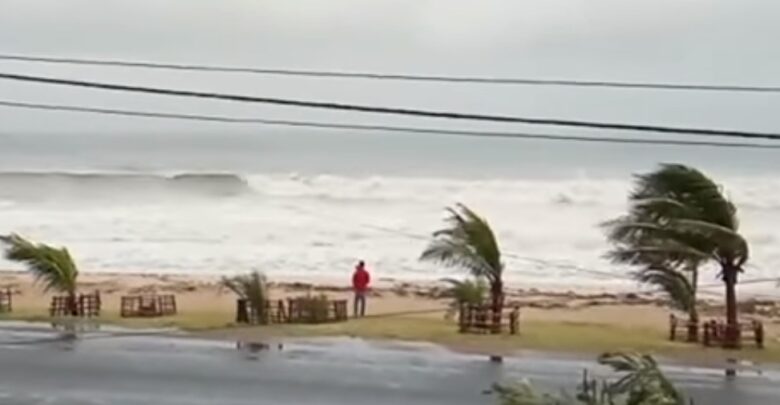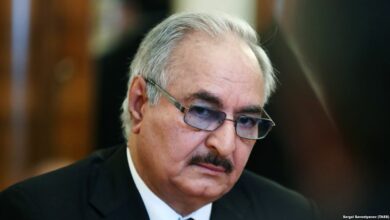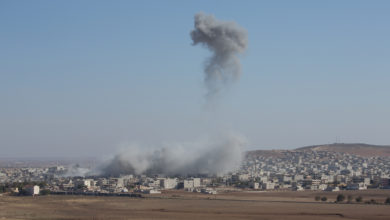World
Cyclone Kenneth Kills 38 In Mozambique

Mozambique’s disaster management institute on Monday said the number of people who lost their lives after Cyclone Kenneth slammed into the country has increased from five to 38. More than 23,000 people were said to be without shelter, with nearly 35,000 homes either partly or completely destroyed.
The cyclone after hitting Comoros slammed into Mozambique’s province of Cabo Delgado on Thursday with storm surges and winds of up to 280 kph, affecting more than 168,000 people. Heavy rains continued to hamper the ongoing rescue work in northern Mozambique for a second day on Monday, reported BBC.
The United Nations said all the roads leading to rural districts further north were swamped and impassable after torrential rains continued through Monday. Notably, Pemba, the regional capital of Cabo Delgado state, has experienced more than 2m (6.5ft) of rain, turning roads into rivers.
“Unfortunately, the weather conditions are changing too fast and threatening the operation,” said Saviano Abreu, a spokesperson for the United Nations’ humanitarian arm Coordination of Humanitarian Affairs (OCHA).
Although Cyclone Kenneth is slow-moving, weather experts fear that it could continue to dump torrential rains on an area still reeling from the devastation wrought by Cyclone Idai, the storm that killed over 1,000 people across Mozambique, Zimbabwe, and Malawi. OHCA has predicted further heavy rainfall over the coming days.
Meanwhile, Mozambique’s Prime Minister Carlos Agostinho do Rosario on Monday appealed for international support for his country.
During an interview with DW’s Adrian Kriesch, Mr. Rosario said the building challenge that faced his country could only be met with outside help.
“So far, it’s OK in terms of food, but we need more for reconstruction, materials, for buildings, for dams,” the Prime Minister said, reported DW. “We need to see much more than just food.”
He said the government was waiting for weather conditions to improve before sending aid to the more remote areas of the country.






